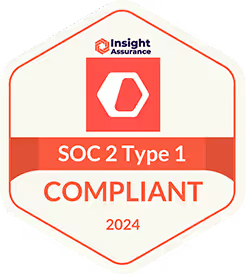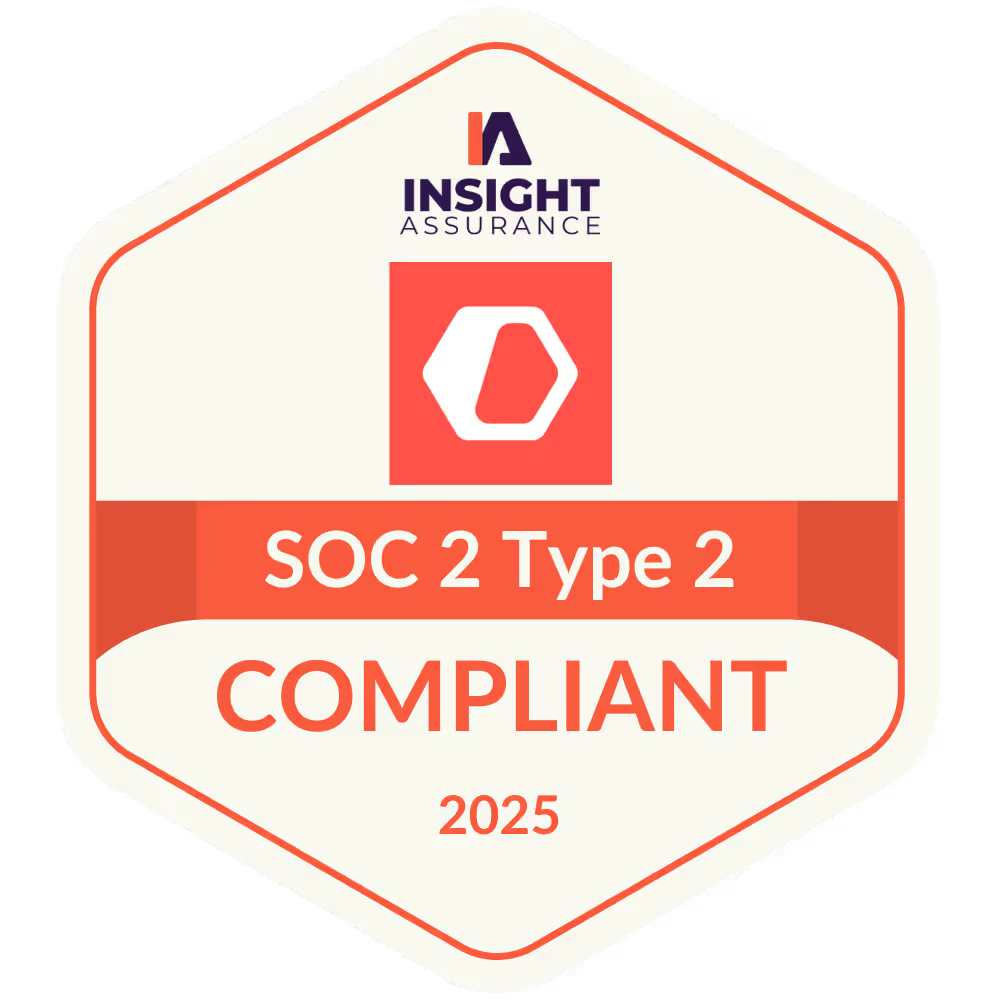“Flaschenpost” – German Documentary Project - A Field Study on Marine Trash Flows
“Flaschenpost” – German Documentary Project - A Field Study on Marine Trash Flows
A German beer bottle, washed ashore on an inaccessible island in the Lofoten Islands in the polar sea. Where did it come from? Did it originate from Germany? Or was it a tourist disposing the bottle in the ocean? Filmmaker Steffen Krones worries not only about the amount of trash washed ashore, but also about their origins and history. Is Dresden and its waters connected to the Arctic Circle? A team of environmental activists around Steffen Krones curious enough to start looking for answers.
About the Project
In his documentary, Steffen embarks on a personal journey north by following the paths of river waste. Together with his friend and neighbor, the soon-to-be industrial designer Paul Weiß, he begins to build GPS buoys that can travel as far as the North Sea. With the support of prestigious marine biologists and scientists such as Dr. Lars Gutow and Dr. Melanie Bergmann – both researchers for Marine Litter and Microplastics at the Alfred Wegener Institute, Helmholtz-Centre for Polar and Marine Research – he tries to document the journey of plastic waste in the Elbe and in the North Sea and investigates how German river waste might be connected to coastal pollution in the polar sea.
In November 2019, the filmmaker contacted FleetMon for support. Since there was no budget from the start, we agreed with the team to sponsor the first batch of GPS satellite trackers. This helped the team to gain insights on the devices and what they need to function properly, even under rough conditions. The satellite trackers by FleetMon were send out for trials on the Elbe river. Later they were used to construct prototypes of the buoys.
FleetMon promoted this documentary project right from the start. After successful crowdfunding, the team was able to purchase additional GPS devices from FleetMon for their field study.























.webp)










.webp)

























Previous
Next
LEAS – shore-side decision support for traffic situations with highly automated or autonomous vessels using AI.
OPS Master Plan for Spanish Ports
PERIVALLON
Require AIS data for your project?
Please reach out to us to discuss which Kpler offering will support your research project or academic study in the best possible and efficient way.






